Can US citizens really buy property in the Dominican Republic?
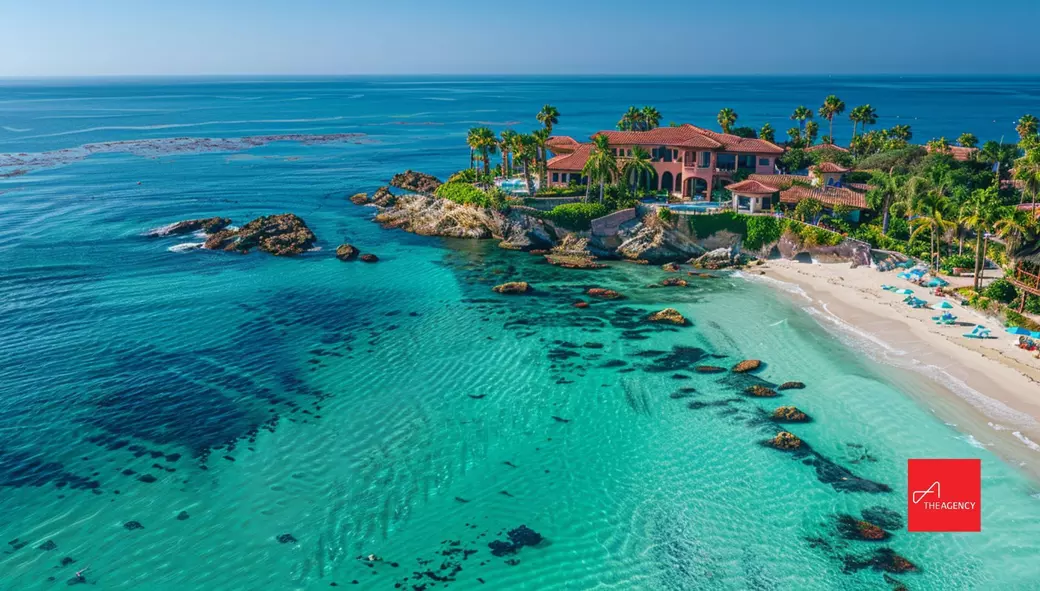
Are you wondering if you can buy a house in the Dominican Republic as a US citizen? Good news: Foreigners have the same property buying rights there. This article will guide you on how to safely purchase your dream home in this beautiful country.
Keep reading to discover how easy it can be!
Key Takeaways
- US citizens can buy houses in the Dominican Republic just like locals. They need a lawyer and important papers for a legal sale.
- Buying property there helps US citizens get residency. After five years, they can ask to become citizens.
- There are tax benefits for US owners in the Dominican Republic. They pay less on property taxes and get breaks on other charges.
- A real estate agent and lawyer guide buyers through steps like making offers, transferring deposits, and checking titles.
- The real estate market is growing. Places like Santo Domingo and Punta Cana are popular spots to buy homes.
Property Ownership in the Dominican Republic for US Citizens
Yes, US citizens can buy homes in the Dominican Republic. They have the same rights as locals to own property. The process involves working with a real estate agent and understanding local laws.
Buyers need to know about title search and property tax too. This makes buying a house there possible for Americans.
Real Estate Purchasing Process for Foreigners
Foreigners, including US citizens, can buy property in the Dominican Republic. The process starts with finding a good estate agent and lawyer. They help you find properties and make sure there are no legal problems.
A title search by your lawyer checks for any issues with the property's past.
Engaging a local real estate agent and lawyer is recommended when purchasing property in the Dominican Republic.
Next, you make an initial offer. If accepted, you transfer a deposit to show you're serious. This usually goes into an escrow account your lawyer sets up. Then, you sign a Promise of Sale agreement.
It lists the sale terms like price and closing date. Before final payment, do one last check of the house to ensure everything is as agreed. Finally, complete all payments, sign the deed of sale with a notary public present, and register your new property at the Land Registry Office to officially become its owner.
Rights and Requirements for US Buyers
US citizens can buy houses in the Dominican Republic just like local people. This means they have access to beautiful ocean view properties on the North Coast. Buying there gives US buyers the same legal protections as locals.
An experienced real estate agent and a good lawyer are key to help with buying a house. They make sure everything goes smoothly.
Before buying, US buyers need to do their homework on the property's legal status and pay certain taxes. These include property transfer taxes and yearly property taxes based on the home's market value.
Also, understanding local rules about land use planning is important for anyone looking to invest or live there permanently. Working with trusted professionals ensures all requirements are met for a successful purchase.
Steps to Buying a House in the Dominican Republic
Buying a house in the Dominican Republic starts with making an offer to the seller. After that, you transfer a deposit and sign a contract to promise you'll buy the home.
Initial Offer Submission
To start buying a house in the Dominican Republic, you first make an initial offer. This means telling the seller how much you're willing to pay for their property. You also discuss terms like how long you'll take to complete the purchase and any conditions you want to meet before finalizing the deal.
It's a good idea to have a real estate broker help with this process. They can guide you on making a strong offer that catches the seller's interest.
The Promise of Sale Contract should include full names and particulars of all parties, the legal description of the property, purchase price and payment terms, default clause, and date of property handover.
After agreeing on an initial offer, it’s time for transferring your deposit to show you’re serious about buying.
Deposit Transfer Process
After you submit your initial offer for a house, the next step involves transferring the deposit. This money goes to a neutral party. Think of it as making sure both the buyer and seller are serious about the deal.
If you're buying an already built home, this deposit ensures your commitment. For homes that are still under construction, your deposit books your lot but remember, you usually can't get this money back.
To transfer the deposit safely, use a trust account managed by a legal advisor or bank. This way keeps everyone's investment secure until the purchase is complete. Payments move through this third party to add an extra layer of safety and assurance that all transactions follow legal guidelines.
Promise of Sale Agreement
The Promise of Sale Contract kicks off the property buying process. It lists everyone involved, details of the property, how much it costs, and payment plans. This contract also says what happens if someone doesn't follow the deal and when the seller will hand over the keys.
Lawyers make sure everything is correct before anyone signs. This step needs a careful look at property ownership papers and taxes if that hasn't happened yet.
Next up is checking the title carefully to ensure no issues with owning the property outright.
Title Search Procedure
Your lawyer will conduct a title search to check for any legal issues with the property. This step ensures there are no debts or lawsuits linked to the house. A clear title means you can own your home without worries.
Lawyers use the fully regulated land titles system in the Dominican Republic during this process. They make sure everything is correct and safe for you to buy. This way, you get full legal ownership of your new home without any hidden problems.
Completion of Payments
Once the buyer and seller sign the final agreement, it's time to finish paying for the house. The remaining balance gets paid through a third-party account, often set up by the buyer's lawyer.
This step makes sure that all payments are safe and secure.
Ensuring payment security is crucial in property transactions.
Next, buyers look forward to doing a pre-closing inspection of their new home.
Pre-Closing Inspection
A final inspection is a must before you take over your new home in the Dominican Republic. This step makes sure everything meets your standards and matches what was promised. You walk through the property with your real estate agent and the builder to check every detail.
This is your chance to spot any issues that need fixing.
This walkthrough lets you see if all parts of the house are done right according to the agreement. It's important because it helps avoid surprises after you move in. If problems are found, they can be fixed before the final sale goes through.
This ensures that when you get the keys, your new place is exactly as expected, making moving in a smooth experience.
Final Agreement Execution
Buyers sign the Agreement of Final Sale, including a mortgage addendum if they're financing through the seller. This document outlines the loan's rate, terms, and schedule. The title then goes to the buyer.
Before this step, make sure everything in your new home matches what was promised by doing a final check.
Next up is understanding risks involved with property deals in the Dominican Republic.
Risks in Dominican Property Investment
Investing in property in the Dominican Republic brings unique challenges. US citizens must deal with tax issues, like annual property taxes and capital gains tax when selling their homes.
They also face rental income taxation. The process can get complex for newcomers or those not well-versed in Spanish.
Hiring a local legal advisor is crucial to check on the property's background, search for any burdens, and navigate through buying steps effectively. This step ensures purchasers understand all about conveyance duties, impuestos internos, and other transaction expenses tied to their new asset.
Without this knowledge, investors could encounter unexpected costs or legal hurdles down the road.
Real Estate Market Insights in the Dominican Republic
The property market in the Dominican Republic shows fast growth. Cities like Puerto Plata, Punta Cana, and Santo Domingo offer great chances for buying houses.
Current Market Overview
The Dominican Republic's real estate market is growing fast. People from the US find it easy to buy houses here, thanks to laws that treat them just like local buyers. Cities like Santo Domingo, Punta Cana, and Puerto Plata are hot spots where everyone wants to own property.
Prices vary a lot, from affordable homes to luxury beachfront villas. This makes the country a top choice for different budgets.
The Dominican Republic offers a stable and welcoming market for foreign investors interested in the Caribbean lifestyle.
Banks in the area welcome foreigners for mortgages and loans, making it easier to finance your dream home by the sea or amidst historic regions. With all titles fully regulated, you can rest assured that your investment is safe and sound.
Whether looking for rentals or a forever home, now is great time to explore options in this sunny paradise.
Prime Locations for Property Acquisition
Shifting focus from the current market landscape, let's explore where to buy property in this beautiful country. Santo Domingo shines as a hub for those interested in vibrant city life and diverse cultural experiences.
Its status as the capital offers both historic charm and modern convenience, making it a top choice for real estate investors. For lovers of beachside living, areas like Cabarete and Puerto Plata on the North Coast present ideal spots.
These locations are perfect for acquiring oceanfront properties that promise stunning views and access to white sandy beaches.
Venturing further, Samana Peninsula stands out with its natural beauty and tranquility, offering a retreat away from bustling cityscapes. Las Terrenas within Samana is especially sought after for its blend of local Dominican culture with European influences.
Other prime spots include Sosua for its welcoming expat community and Punta Cana as well as Cap Cana for luxury resort living. Each location has unique attractions ranging from serene beaches to lush mountainsides, catering to various lifestyles and investment preferences among foreign buyers.
Legal Framework for Real Estate Acquisition by US Citizens
The laws in the Dominican Republic let US citizens buy houses there. They need a good lawyer and the right papers to make sure the sale is legal.
Importance of Legal Representation
Having a lawyer is key in the Dominican Republic's property buying process. They help you understand legal rules and make sure all documents are correct. This avoids problems with your purchase.
Lawyers also check the property's legal standing to ensure it has no issues.
Lawyers play a big role in dealing with paperwork for taxes, due diligence, and getting title insurance. Their support makes sure you follow every step correctly in buying your house.
This way, you avoid extra costs and delays that can come up when buying property abroad.
Essential Documents for Property Transactions
To buy a house in the Dominican Republic, US citizens need several key documents. These papers make sure the property transfer is legal and clear.
- Proof of Identity - A valid passport or other government-issued ID shows who you are.
- Promise of Sale Agreement - This contract outlines the terms between buyer and seller. Both parties sign it.
- Deposit Proof - Documents showing you paid the deposit to hold the property.
- Title Deed Search Results - Reports that prove the property does not have legal issues.
- Deed of Sale - The final sales document signed in front of a notary public transfers ownership from seller to buyer.
- Tax Receipts - Shows all taxes on the property are paid up to date.
- Bank Approvals for Loans - If you're borrowing money, you'll need approval documents from your bank.
- Property Valuation Report - An expert's estimate of how much the property is worth.
- Marriage Certificate (if applicable) - Couples buying property might need to show their marriage certificate.
With these documents ready, US citizens can move ahead in buying their dream home in the Dominican Republic successfully.
Next, let's look at why legal advice is crucial throughout this process.
Property Transaction Taxes Explained
Buying a house in the Dominican Republic comes with certain tax benefits for US citizens. Foreign buyers enjoy perks like no levy on transferring property and half off on property taxes.
This makes investing in real estate there more appealing. The government offers these breaks to attract investors from abroad.
When you purchase property, understanding taxes is key. Aside from purchase-related levies, think about ongoing costs too. For instance, while income from pensions might not be taxed thanks to incentives, owning property could still mean paying annual charges based on its value.
It's smart to plan for these expenses as part of your budget for buying a home in the Dominican Republic.
Property Ownership as a Path to Residency
Owning a house or apartment in the Dominican Republic helps US citizens get temporary and then permanent residency. After buying real estate, you can apply for temporary residency right away.
This step is important for those wanting to live there longer. Once you have lived in the country for five years with this status, you can ask to become a citizen through naturalization.
This path makes it easier to enjoy living in the Dominican Republic full-time. Property owners who want permanent residency must keep their investment safe and follow local laws. Doing so proves they are serious about staying in the country.
Lawyers help make sure all documents are correct and legal requirements are met. This method benefits people looking to move permanently by using their investment as a stepping stone towards becoming part of the community.
Tax Considerations for US Property Owners in the Dominican Republic
US citizens owning houses in the Dominican Republic get tax incentives. They enjoy exemptions from income tax on pensions and half off property taxes. For properties not charged for transfers, this is a big save.
But if your house is worth more than RD 6.5 million, you face a 1% annual property levy and a 3% transfer duty at sale time. These costs matter when budgeting for your home abroad.
Besides these taxes, US owners must think about double taxation avoidance agreements between the US and the Dominican Republic. Thankfully, there's good news here—foreign tax credits ease the worry of paying twice on the same earnings or property gains.
This means any real estate investment in the Dominican Republic should consider these international accords to avoid unplanned fiscal burdens.
Next up: Property Ownership as a Path to Residency
Conclusion
Buying a house in the Dominican Republic is possible for US citizens. They get the same rights to own land as locals do. The steps to buy a home are straightforward and protect buyers.
Getting help from a skilled lawyer and trustworthy agent makes things easier. This move could be your chance for an exciting new adventure in a beautiful country.
FAQs
1. Can a US citizen legally buy a house in the Dominican Republic?
Yes, US citizens can legally buy property in the Dominican Republic without needing permanent residency status.
2. Do I need to live in the Dominican Republic to own property there?
No, you don't have to be a permanent resident or live there full-time to own property.
3. What should I know about mortgages and bank loans in the Dominican Republic?
Mortgage rates and loan terms might differ from those in the US, so it's smart to talk with financial institutions and real estate brokers for advice.
4. Are there taxes or fees when buying property in the Dominican Republic?
Yes, buyers must pay for transferring the property title and comply with tax treaties between countries which may affect income taxes on interest income from bank loans.
5. Can owning property in the Dominican Republic affect my estate planning?
Owning international real estate can complicate estate planning due to different laws about heirs and tax payments on properties valued at certain amounts.
6. Is speaking Spanish necessary when buying a house there?
While not required, having a rapport with multilingual realtors or legal advisors who understand local zoning laws and marriage contracts can help navigate purchasing processes more smoothly.
Categories
- All Blogs (61)
- agent (1)
- branded residence (1)
- business (2)
- buy (2)
- buying (23)
- cabarete (1)
- cap cana (6)
- caribbean (2)
- casa de campo (6)
- celebrity (2)
- commercial (1)
- construction (2)
- dominican republic (9)
- evaluation (1)
- event (1)
- financing (1)
- golf (2)
- golf resorts (2)
- Grupo De Vale (1)
- hotel (1)
- insurance (1)
- investing (26)
- las terrenas (1)
- law (3)
- lawyer (1)
- legal (1)
- luxury (1)
- market (1)
- north coast (2)
- properties (7)
- property inspection (1)
- property tax (1)
- puerto plata (1)
- punta cana (3)
- real esate (1)
- real estate (33)
- renting (5)
- resorts (1)
- selling (5)
- selling, (1)
- tax (3)
- usa (1)
- vacation rental (2)
Recent Posts
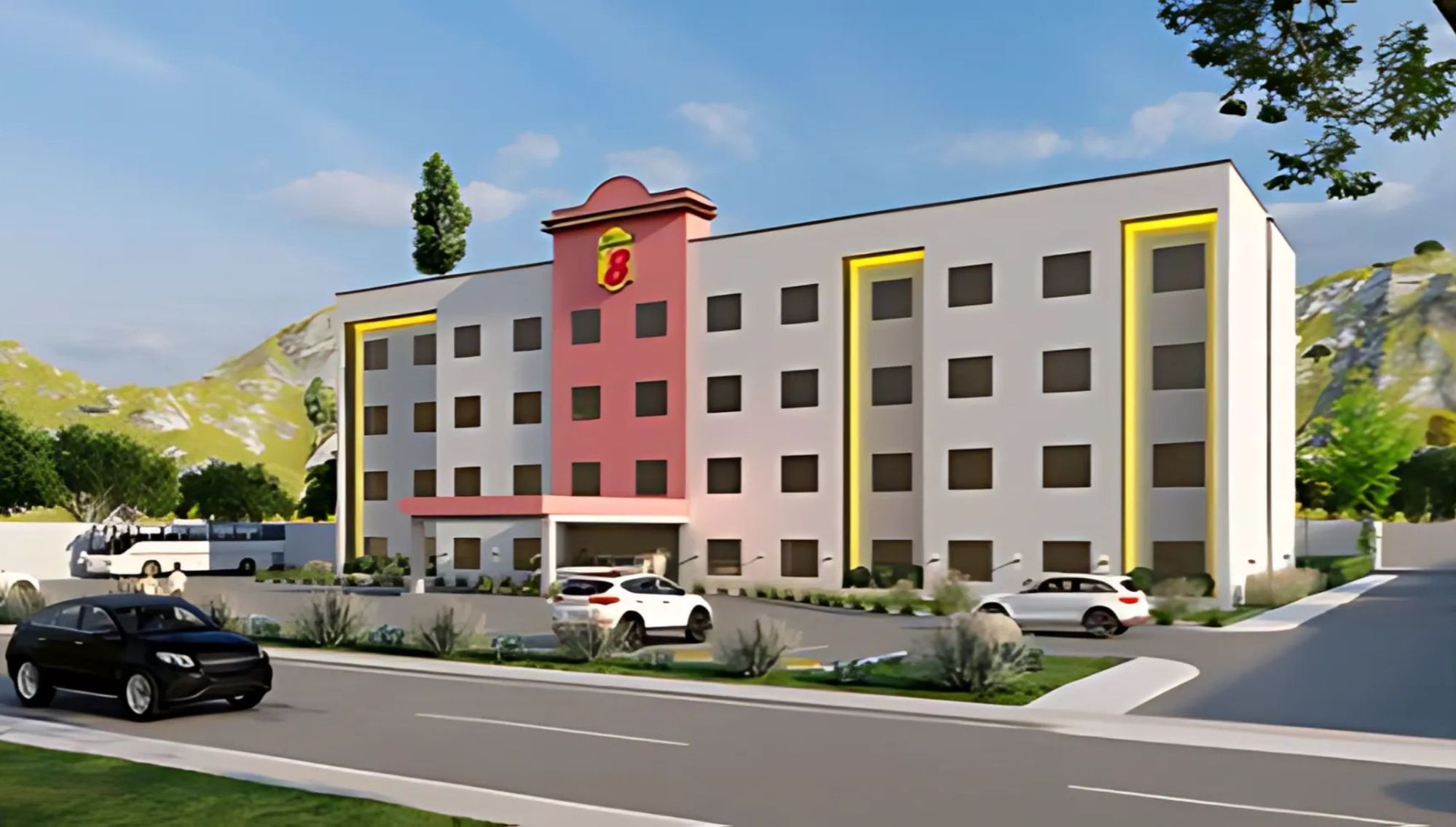

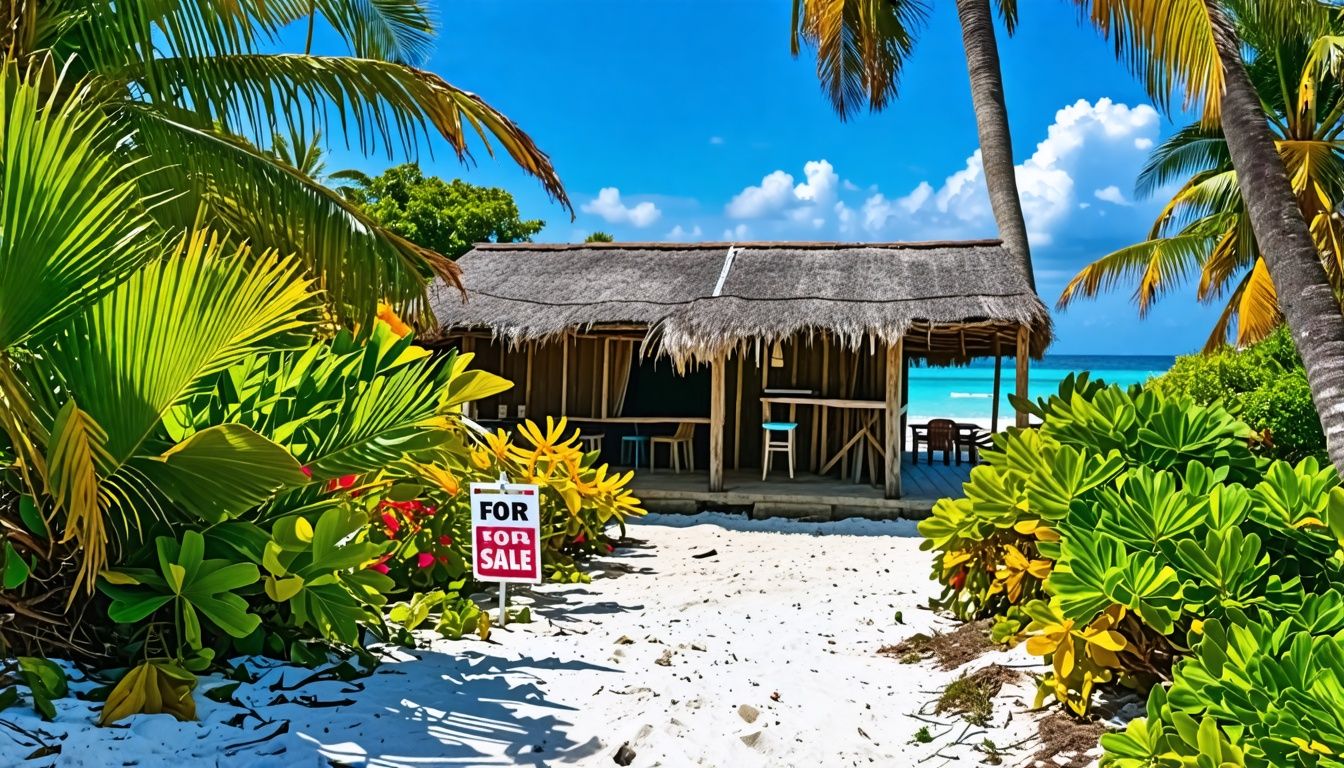


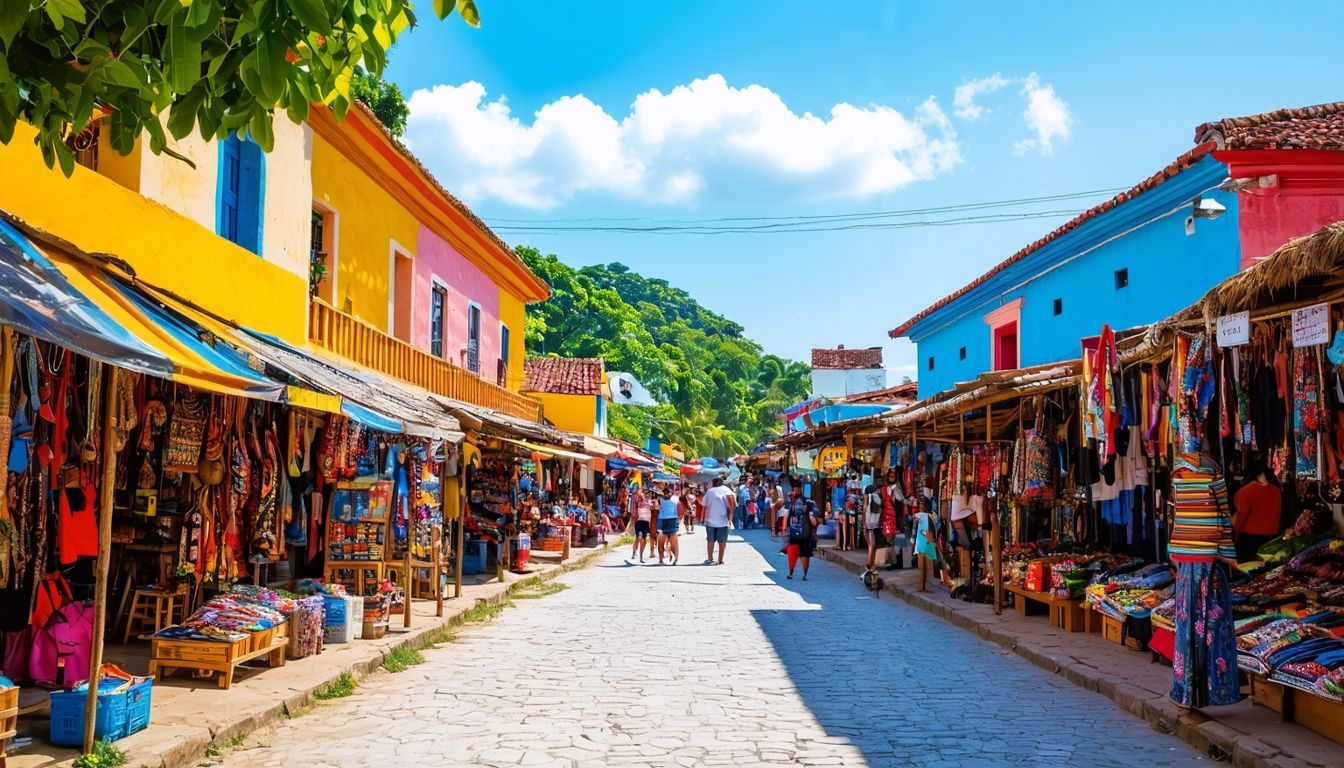

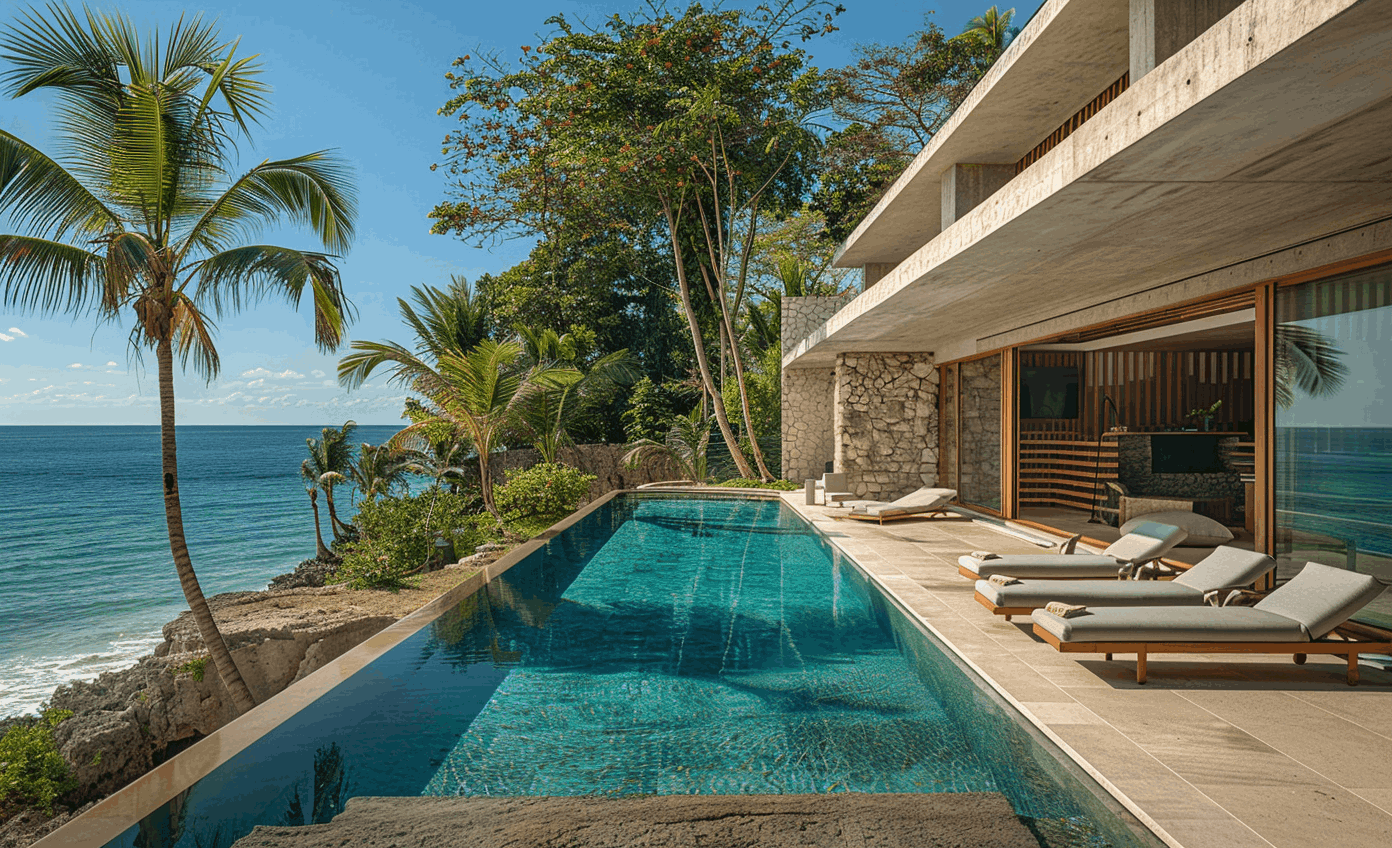


GET MORE INFORMATION NOW

